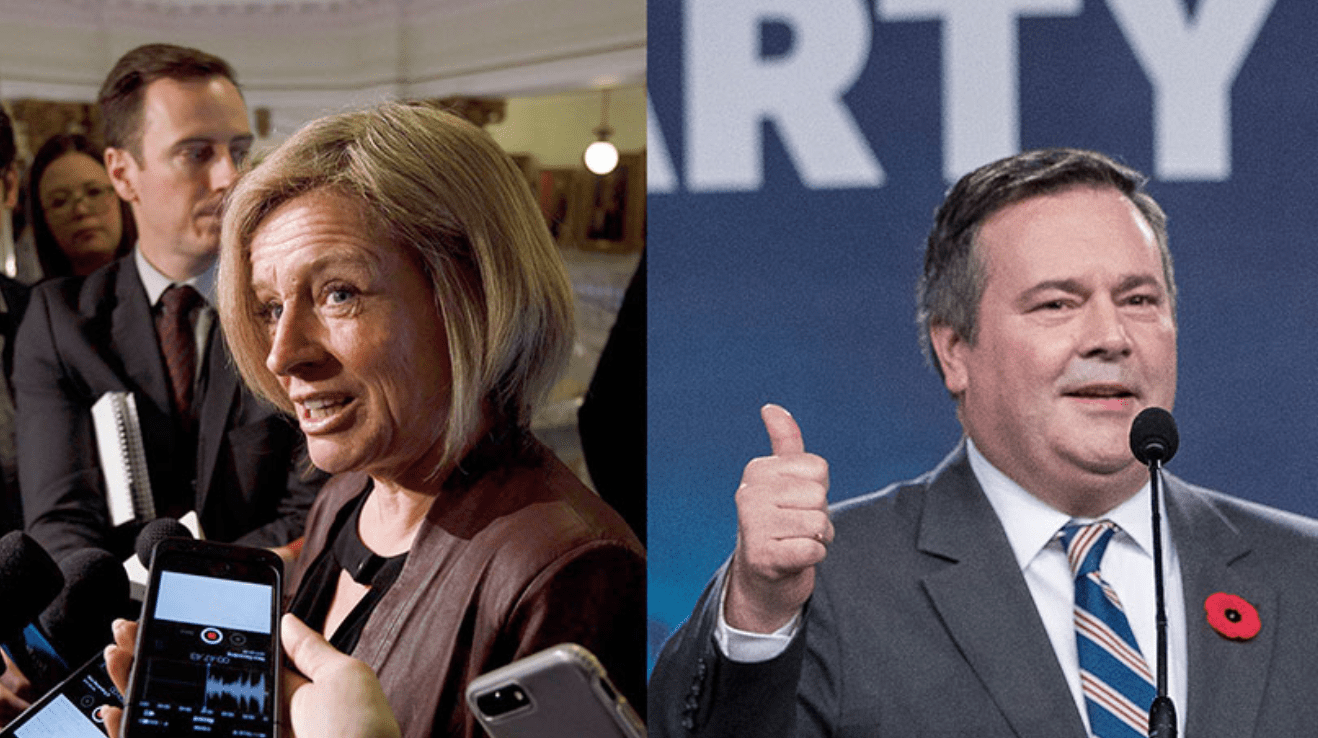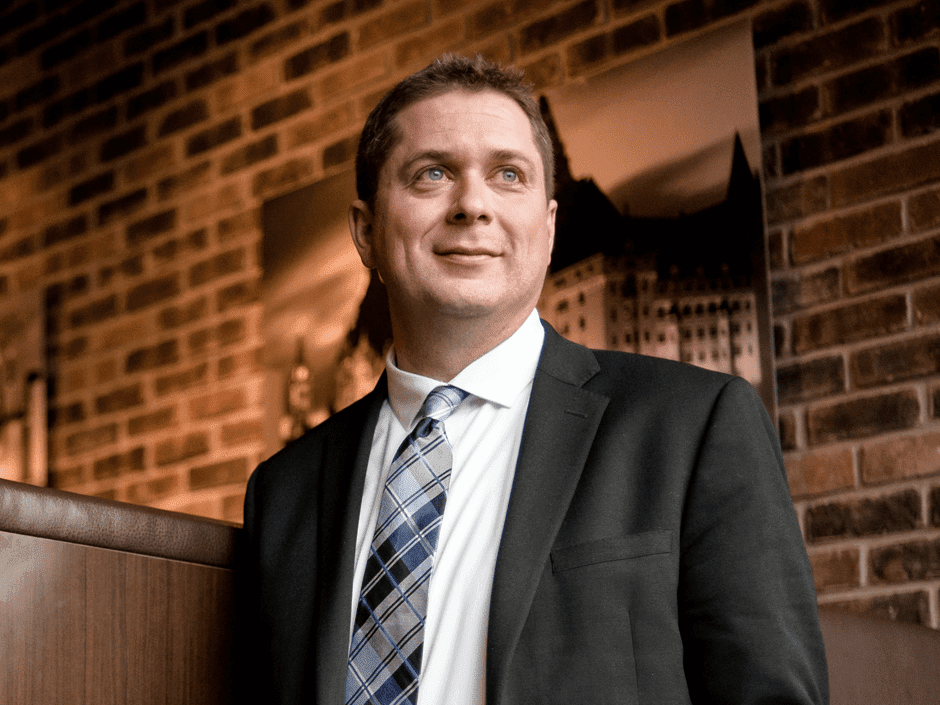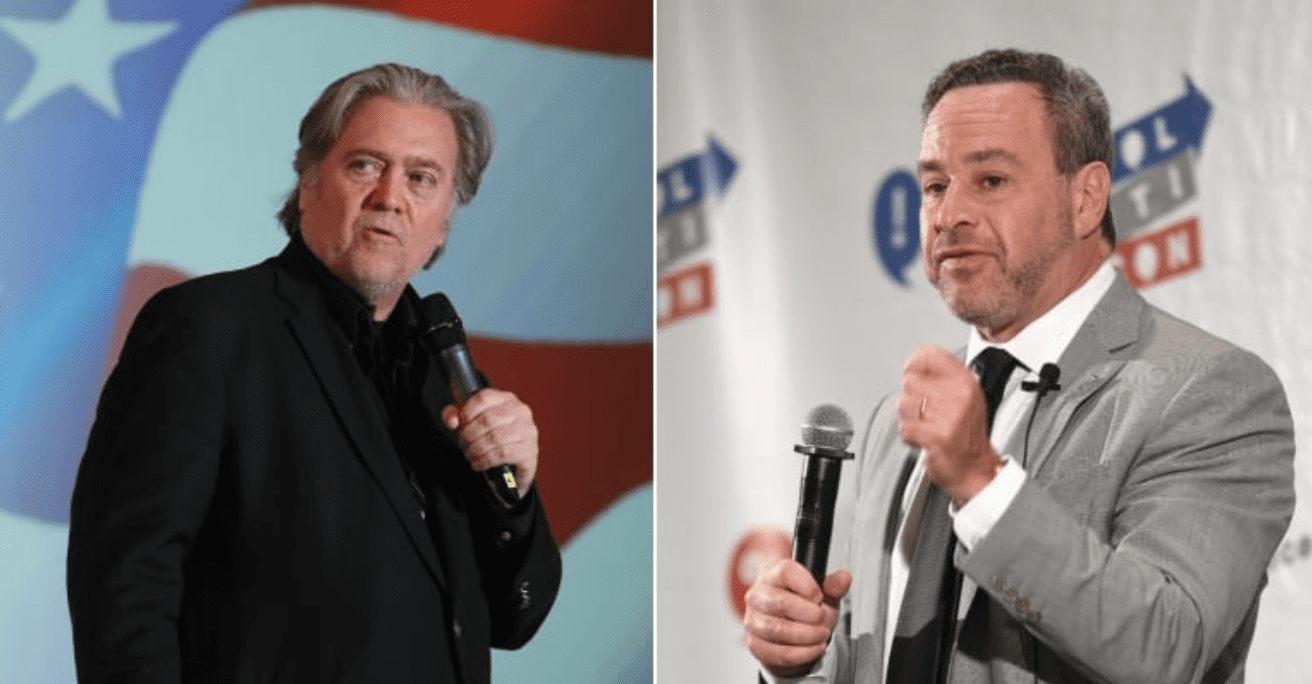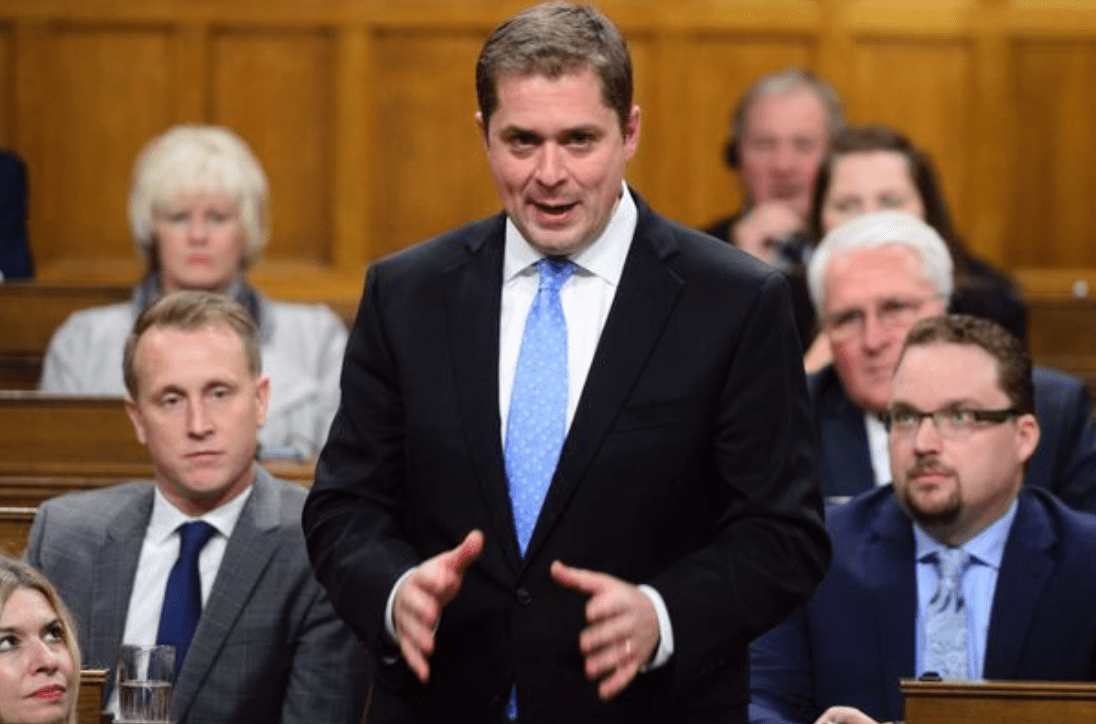Samara Canada has released the third report in their series of exit interviews of former MPs, and I found this latest report to be compelling reading, in part because it gave a far more frank look into the parties than previous exit interview reports have. The report, titled The Real House Lives, focused much more on MPs' experiences within their parties, both at the riding level and inside the caucus room, and their own reflections of collegiality throughout their parliamentary experience. While I'd encourage everyone to give it a read, I thought I'd point to a few things that interested me in particular, along with the parts that rankled (which, incidentally, are most of Samara's suggestions for how to improve the parliamentary experience).
To start with, this report is very much focused on the experiences of former Conservative and NDP MPs, given that they had the greatest number of departing MPs in 2015 three Liberals participated, but I didn't get any sense of their reflections in the report, and if they were in there, none of the comments that may have been attributed to them offered much in the way of insight into that party's culture. Fair enough. Issues like mentorship, caucus discipline, openness to debate internally, and interactions with the leader were all broached from the parties, and some of the differences were striking particularly when some of the differences were stark within the same party.
To an extent, much of what was said about the NDP was not much of a surprise after years of observation, and some of what it revealed about the party's culture was not terribly healthy. For example, the recounting from some of the interviewees about the grassroots party and the complete absence of riding associations in places (presumed to be Quebec, where the party had not actually really taken root until the "Orange Wave" of 2011 when Quebeckers voted with their feelings for "Le Bon Jack") should be taken with a bit more alarm than I think some people would otherwise. Our political system is supposed to have a strong grassroots element that feeds the party from the ground up, when it comes to policy ideas, volunteers, fundraising, and candidates. The process for some of these 2011 nominations was very much top-down, some of them describing that to become a candidate, they largely filled out a form from the central party and were assigned a riding. Remember that this is a party that likes to insist that they always hold open nominations and that they won't run a nomination until they've ensured that someone from an "equity-seeking" has been found to contest it. This isn't a surprise given how many of those 2011 MPs had never even visited their ridings before they were elected, but to hear it spoken matter-of-factly was still a bit shocking.
The other aspect of the NDP's internal culture that got an airing is the degree to which its union roots and "solidarity at all costs" can be stifling for MPs. Some of the respondents insisted that there were no cracks in the ranks, or no struggles over policy issues because everyone is just on the same page for every issue. If you believe that's reality, then you may be drinking the Kool-Aid, especially as one respondent did say that "you're either a team player or you're not. And if you're not 100 per cent a team player, you're evil." Why this is important to note is because the report also had MPs from all parties talking about the self-policing of discipline that happens within their own culture. The last aspect of the NDP comments that I found interesting were the exploration of the in-group dynamics within the party, and how they existed: "It was often if you had studied at McGill and were bilingual, you had more influence." Those in the in-group had access to the leader; those outside of the in-group did not. And given what we're seeing with the number of resignations surrounding Jagmeet Singh, I have to wonder what the new in-group dynamics in that caucus are.
As for the Conservatives and their party culture, the responses were all over the place some claimed there was a culture of respectful debate on issues behind the caucus room doors, where the minds of the PM and Cabinet could be changed. Others said that it was a one-way briefing where MPs were issued their orders and talking points, and even when they had the opportunity to speak at the mic about their concerns, nobody actually listened to them. Descriptions of interactions with the leader varied from someone who was always checking in with them, to others who spoke about how remote he was and might speak to them one-on-one a couple of times in a year. Some spoke glowingly about staffers who were smart and helped them out, while others bristled at how these staffers out of the PMO were ordering them about like puppets despite the fact that they had never been elected. Some former MPs spoke about life-long friendships formed, while others said that they were shunned from the evangelicals in the party after they voted in favour of trans rights in a free vote. That we've described the party as a coalition rings very true in these recollections, and again, one has to wonder how that is shaped under Andrew Scheer as opposed to Stephen Harper.
These insights aside, I did find that the report spoke a little too glowingly about Michael Chong's Reform Act as a means of trying to rebalance the relationship between leader and caucus, but not achieving it. That they didn't explore why it didn't achieve it because it exacerbated the problems inherent in a system where the leader is selected by the membership rather than the caucus was disappointing, and while they did mention the issue of caucus selection of leadership, it was largely to say that it was basically impossible because it would be derided as "undemocratic" rather than challenging that notion. There was also the suggestion that Canada should try and replicate the UK Conservatives' 1922 Committee, which is made up of the party's backbenchers that exists to exert power on the leadership. While it's an interesting notion, I have reservations that this would simply be used as another gimmick to paper over the problems in our system the way leaders are selected without attacking the actual root cause of that problem. And until we can solve that problem, there is insufficient momentum in the system to give the change we so desperately need.














